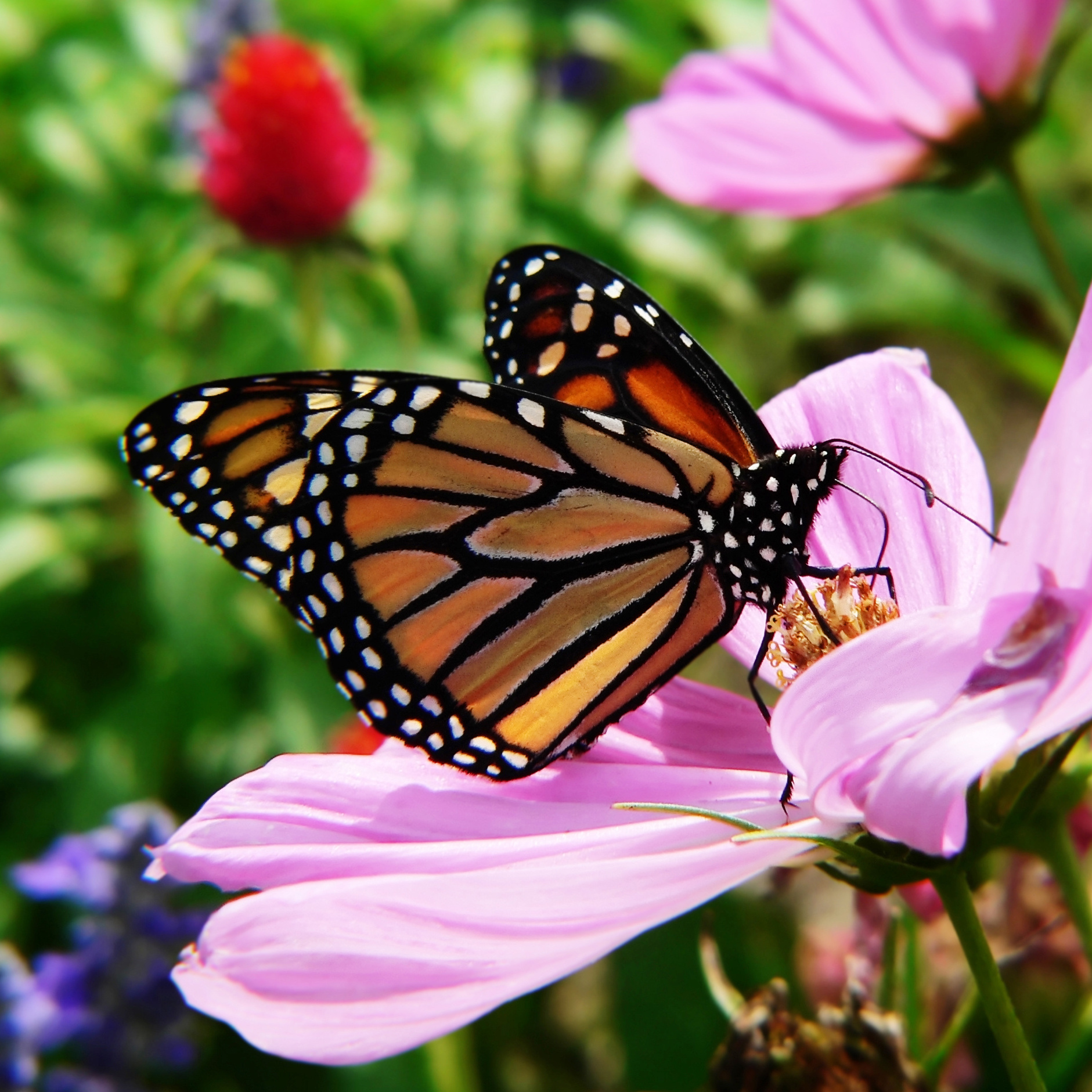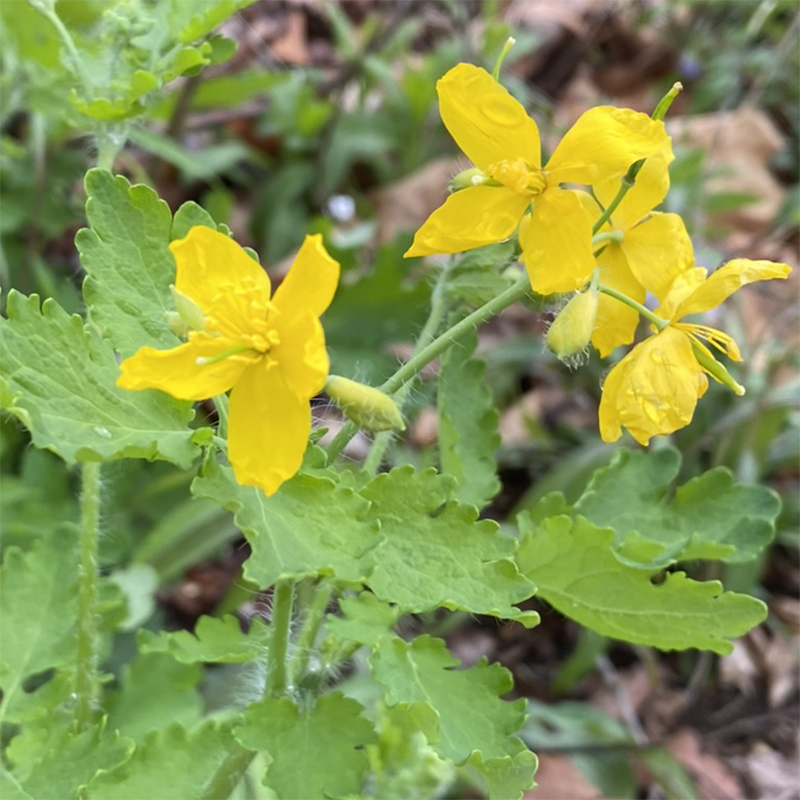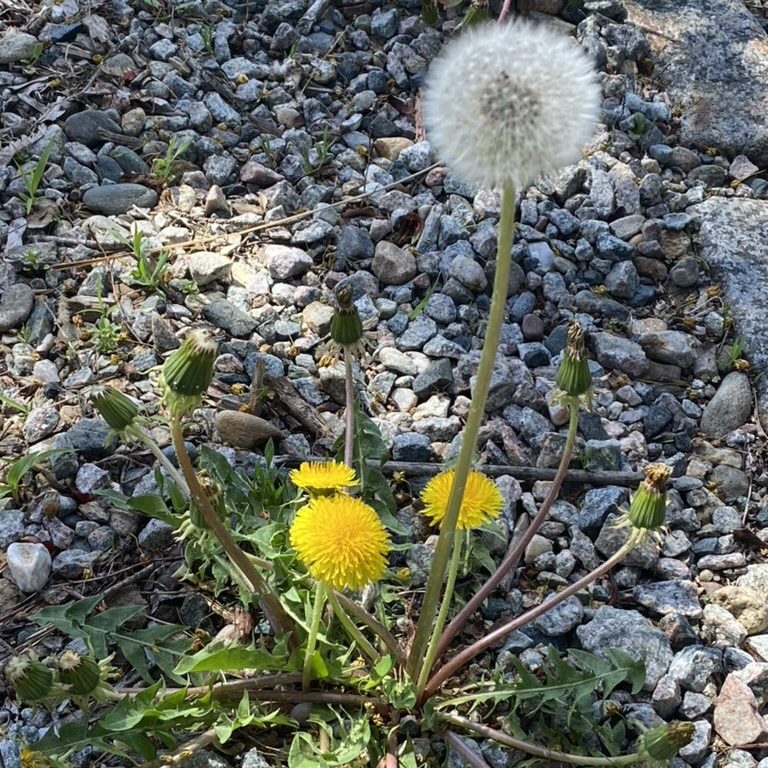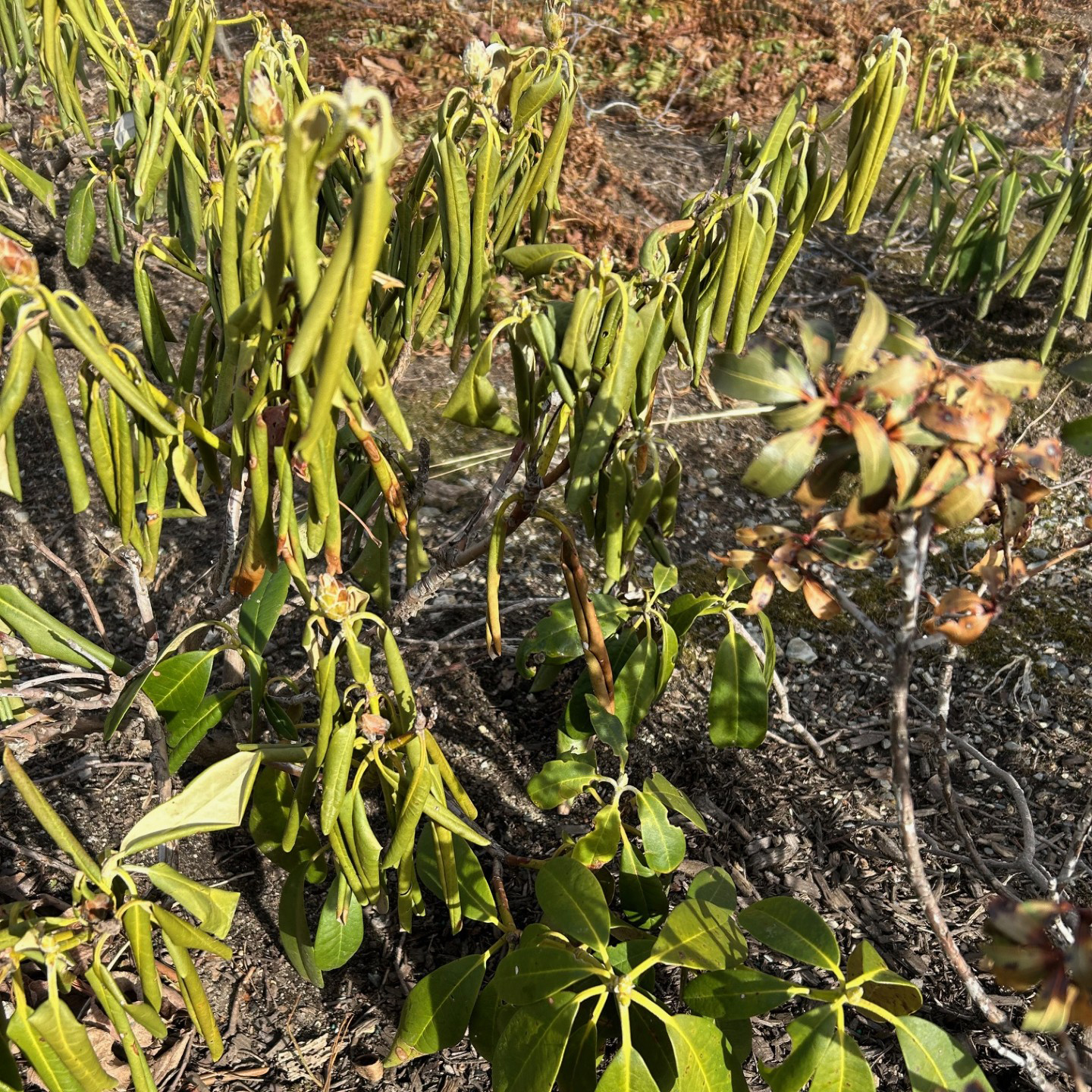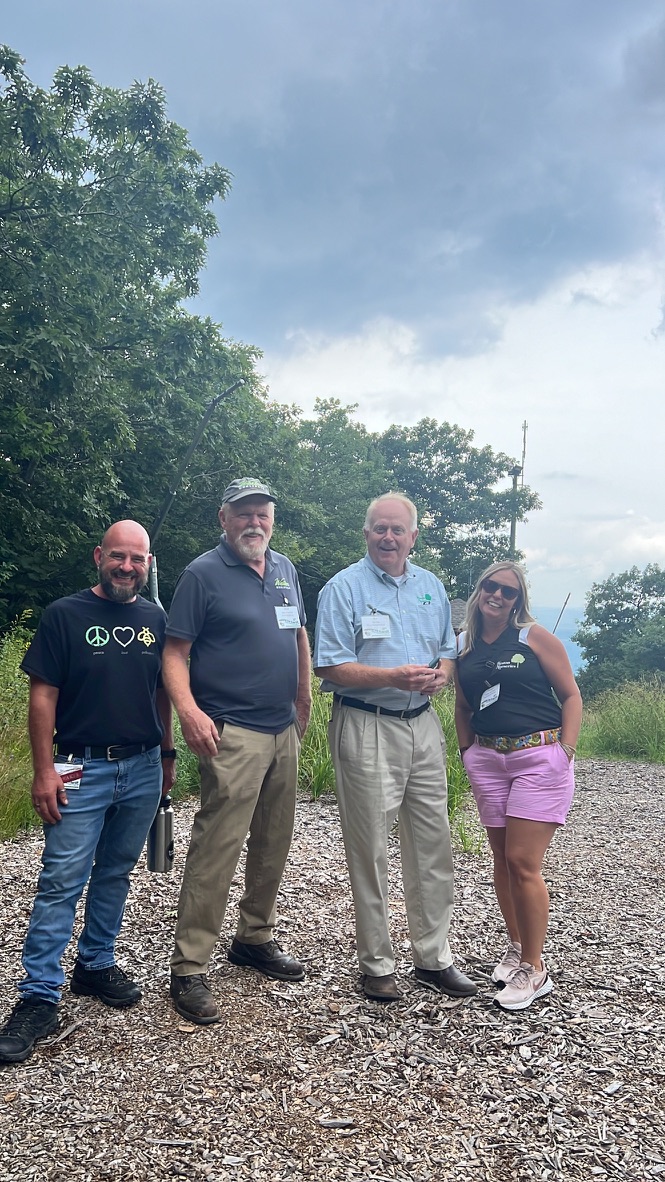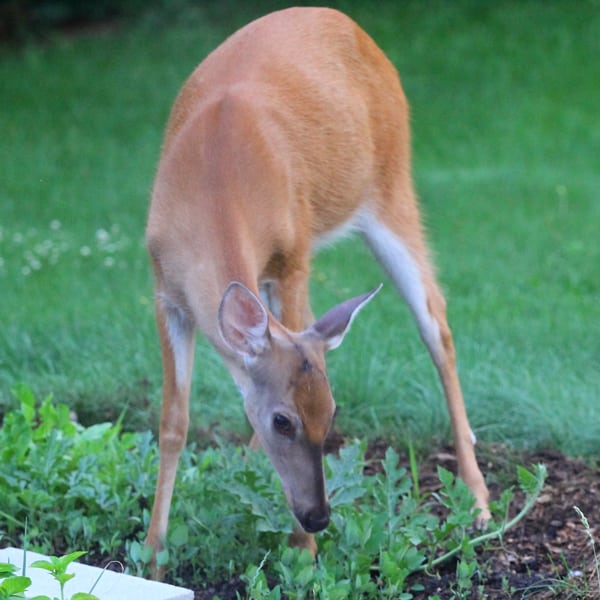
Spring is so welcome after a snowy winter, but it can bring with it the unpleasant discovery that deer have been busy browsing your bushes. Do not despair. Deer may strip a shrub of almost all of the leaves, but the wood and roots can remain healthy. What to do?
First, cut stems back to new buds to remove tattered ends and encourage growth from dormant buds lying beneath the bark.
Second, fertilize and water damaged plants during the coming growing season. In spring apply a balanced (equal nitrogen-phosphorous-potassium) fertilizer following the package directions. During the entire growing season water whenever the soil becomes dry at a depth of 4 to 6 inches. Don’t over-water and don’t over-fertilize.
Third, protect your plants going into the winter. Use an anti-dessicant spray to protect foliage from winter-burn and reevaluate your anti-deer measures. Netting or fencing? Repellents? Think belt-and-suspenders.
Light browsing usually has little permanent effect; the plant will look fine at the end of the growing season. Heavy browsing can permanently alter the shape of a plant and recovery can take two years or longer; but corrective pruning can create an equally beautiful specimen form. Repeated heavy browsing can eventually kill a plant or deform it beyond usefulness; replace it with a less delicious plant. But before you wrench that rhododendron out of the ground, remember you’re angry at the deer, not the plant — give it a chance to show its mettle.


